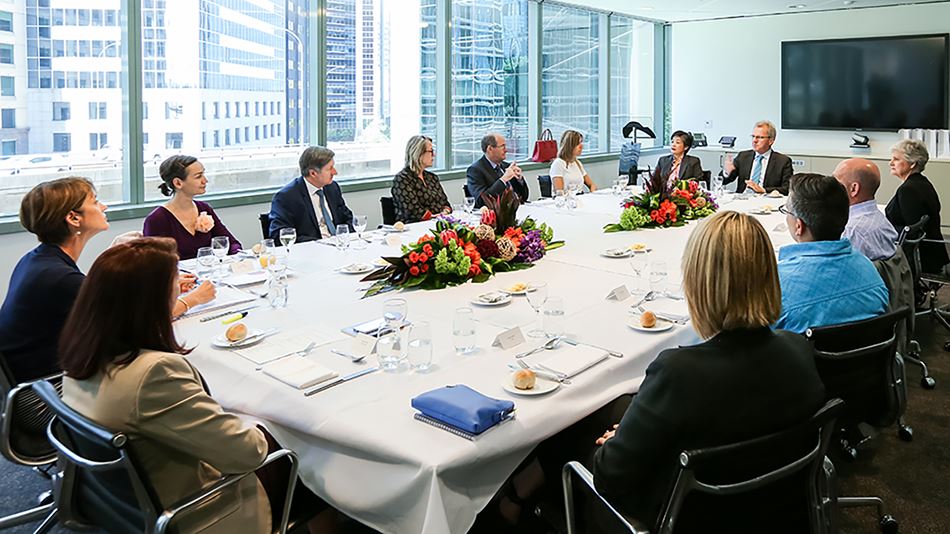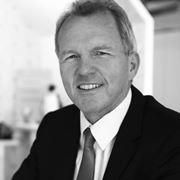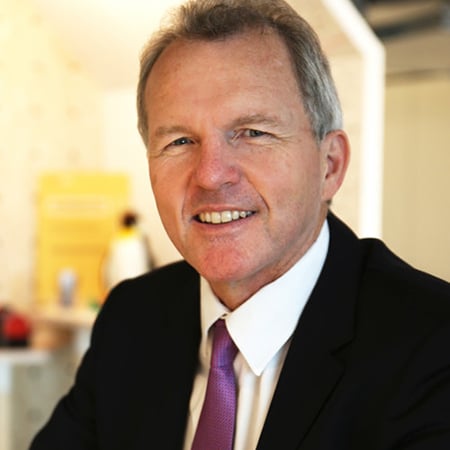What are the enablers and barriers to attract and retain women in our industry? How can we accelerate change? What do we need to put in place to arrest the steady decline of women as they approach middle management?
These are some of the questions I posed to senior women in our industry at the Consult Australia Champions of Change (CACC) boardroom lunch recently. I had the pleasure of hosting the inaugural lunch in Sydney. As business leaders or ‘champions’ of change, we have made a commitment to disrupt the norm and make material change to the unacceptably low levels of women in leadership in Australia’s consulting industry.

My fellow champions, who include Matthew Harris (Rider Levett Bucknall), William Cox (Aurecon), Andrew Mather (WSP Group) and myself at Arup, have all introduced various programmes and initiatives within our respective firms to ensure gender balance. But are they enough? We wanted to hear from women who had been successful about the programmes and initiatives that they’d found beneficial and, more importantly, what was needed to achieve significant change.
“Flexibility was a key theme. Flexible jobs, careers, leave options and environments. It was a clear message and an issue that needs to be addressed not just for women, but for everyone. ”
Peter Bailey Principal and Trustee Director
I was reminded of a nugget in Sheryl Sandberg’s book Lean In: Women, Work, and the Will to Lead that really resonated with me: it’s better to think in terms of a career jungle gym than a career ladder.
Why does this resonate? Because our careers don’t take a straight line trajectory.
There are many and varied reasons why careers can take twists and turns we often don’t foresee. Child birth and rearing, assignments, a new job, promotions, illness, caring for aging parents or grandchildren, sabbaticals, redundancy or the desire to take a backwards step, can all affect our careers. Women or men.
For all these reasons, and more, flexibility in career, and flexible working, are essential. The need to be able to work flexibly – whether that’s part time, altered start and end times, working from home, leave of absence or purchasing additional leave, is not just an issue for women returning to the workforce after childbirth, but rather a human issue that affects all of us at some stage in our careers.
“And if more men were to work flexibly, surely this would free up work options for their partners? ”
Peter Bailey Principal and Trustee Director
I often work flexibly when I need to balance my responsibilities as a parent with work and, in our recent Who works at Arup survey? 19% of our staff have flexible working arrangements in place and 30% say they are considering working flexibly in the future.

The benefits to organisations of a diverse and inclusive workforce (improved business performance) and flexible working (reduced stress, staff have less distractions, smaller office spaces reduce overheads, higher morale and reduced sick leave) are well documented. Workplace flexibility is also linked to the wellness and improved health outcomes for staff.
Clearly, flexibility isn’t the only answer. Equal earning power. Equality in childcare and domestic responsibilities. Education around gender bias. These can all, and should all, be championed and accounted for within the workplace.
At Arup we won’t be satisfied until we have reached a critical mass of 40% of women in the firm and senior management. We are making progress but we have some way to go.
We can all do more. This inaugural lunch helped identify that firms need to support employees with their outside interests and changes in circumstances and form different kinds of working arrangements. Now, and certainly for the next generation of new talent who expect much more from employers. It’appraiss essential to our success, as well as theirs.
It’s also heartening to see that world business and political leaders are taking flexibility and wellness seriously. There were a number of sessions dedicated to this topic at the World Economic Forum in 2014 and it continues to be a hot topic of discussion – it’s a revolution in the way our businesses operate.
 ;
;



